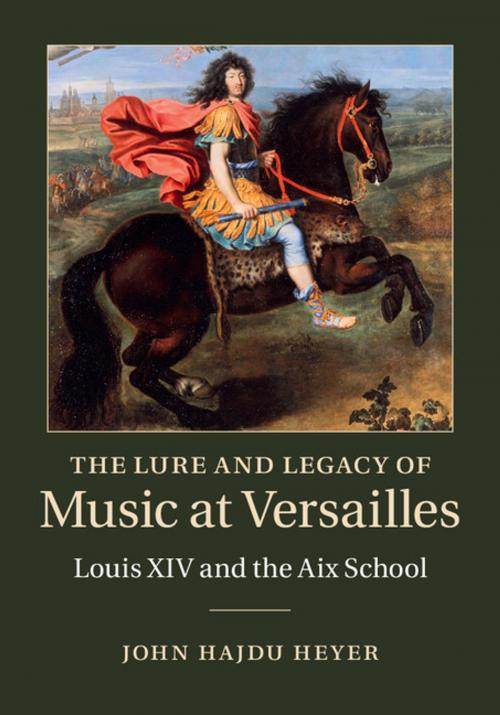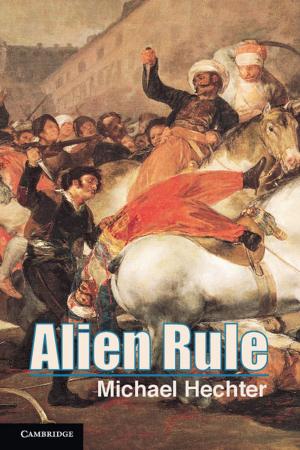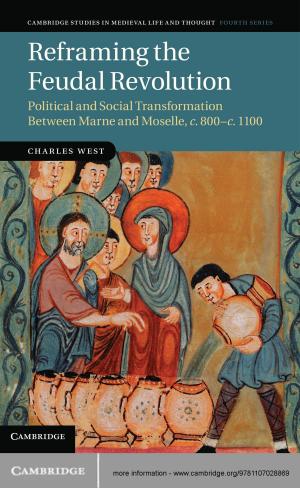The Lure and Legacy of Music at Versailles
Louis XIV and the Aix School
Nonfiction, Entertainment, Music, Music Styles, Classical & Opera, Classical, History| Author: | John Hajdu Heyer | ISBN: | 9781316119877 |
| Publisher: | Cambridge University Press | Publication: | November 6, 2014 |
| Imprint: | Cambridge University Press | Language: | English |
| Author: | John Hajdu Heyer |
| ISBN: | 9781316119877 |
| Publisher: | Cambridge University Press |
| Publication: | November 6, 2014 |
| Imprint: | Cambridge University Press |
| Language: | English |
Louis XIV and his court at Versailles had a profound influence on music in France and throughout Europe. In 1660 Louis visited Aix-en-Provence, a trip that resulted in political and cultural transformations throughout the region. Soon thereafter Aix became an important center of sacred music composition, eventually rivaling Paris for the quality of the composers it produced. John Hajdu Heyer documents the young king's visit and examines how he and his court deployed sacred music to enhance the royal image and secure the loyalty of the populace. Exploring the circle of composers at Aix, Heyer provides the most up-to-date and complete biographies in English of nine key figures, including Guillaume Poitevin, André Campra, Jean Gilles, François Estienne, and Antoine Blanchard. The book goes on to reveal how the history of political power in the region was reflected through church music, and how musicians were affected by contemporary events.
Louis XIV and his court at Versailles had a profound influence on music in France and throughout Europe. In 1660 Louis visited Aix-en-Provence, a trip that resulted in political and cultural transformations throughout the region. Soon thereafter Aix became an important center of sacred music composition, eventually rivaling Paris for the quality of the composers it produced. John Hajdu Heyer documents the young king's visit and examines how he and his court deployed sacred music to enhance the royal image and secure the loyalty of the populace. Exploring the circle of composers at Aix, Heyer provides the most up-to-date and complete biographies in English of nine key figures, including Guillaume Poitevin, André Campra, Jean Gilles, François Estienne, and Antoine Blanchard. The book goes on to reveal how the history of political power in the region was reflected through church music, and how musicians were affected by contemporary events.















